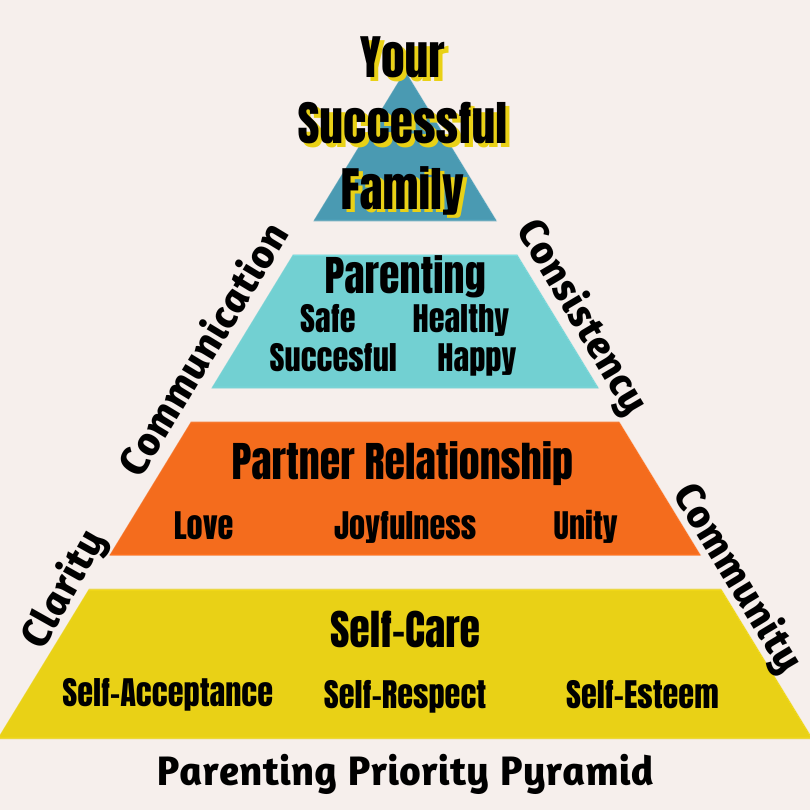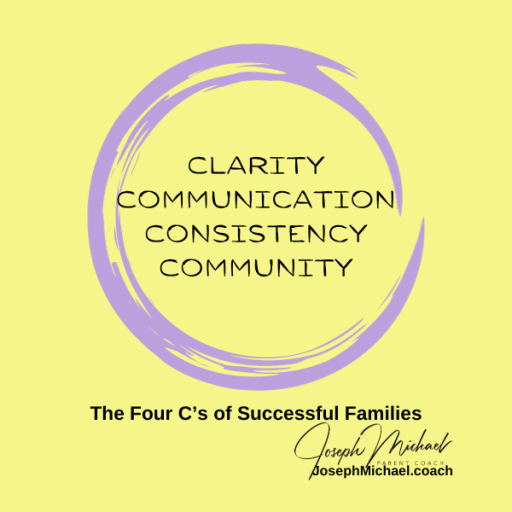
Building Fun and Connection in Your Marriage
Marriage is a beautiful journey filled with shared dreams, mutual support, and endless moments of joy. However, amid the hustle and bustle of daily life, especially in families with children, it’s easy for couples to lose sight of their connection with each other. Children often become the center of attention, leaving little room for parents to focus on their relationship. To keep the flame alive and ensure a healthy, joyful partnership, it’s crucial to build fun and connection into your marriage. One simple yet powerful way to do this is by engaging in a daily practice that fosters communication and appreciation.
The Practice: Daily Reflections and Sharing
Here’s a straightforward exercise to help you and your partner reconnect daily. Grab an index card and write out your answers to the following questions. Have your partner do the same.
1. What I enjoyed the most about you today
2. The most important thing that happened to me when we were separated
3. What I want to do most
4. What I want us to do together
Could you share your answers to these questions with your partner each night? Let’s delve deeper into how this practice can be both uplifting and relationship-building, with examples to illustrate its impact.
1. What I Enjoyed the Most About You Today
This question encourages you to reflect on the positive aspects of your partner and your relationship. It might be something simple, like appreciating their smile, or something more profound, like their support during a tough moment.
Example:
“I enjoyed how you made me laugh this morning with your silly dance in the kitchen. It reminded me of our early days together and made me smile all day.”
Sharing these positive reflections helps reinforce the affection and appreciation you have for each other, making your bond stronger.
2. The Most Important Thing That Happened to Me When We Were Separated
This question allows you to share a significant part of your day that your partner might not be aware of. It fosters deeper understanding and empathy.
Example:
“The most important thing that happened to me today was the feedback I received at work. I was praised for my project, which made me feel really accomplished. I wanted to share this with you because your support helped me achieve it.”
By sharing these moments, you invite your partner into your world, strengthening your emotional connection.
3. What I Want to Do Most
This question gives you the chance to express your desires and interests. It could be something you want to do personally or an aspiration you have.
Example:
“What I want to do most is start a new hobby. I’ve been thinking about learning how to play the guitar, and I’d love to spend some time on that.”
Sharing your personal goals and interests keeps your partner in the loop about what excites and motivates you, fostering mutual support.
4. What I Want Us to Do Together
This final question concerns planning activities you can enjoy as a couple. It encourages teamwork and shared experiences, which are essential for a healthy relationship.
Example:
“What I want us to do together is to plan a weekend getaway. We’ve been so busy lately, and I think we need some time away to relax and reconnect.”
By discussing and planning shared activities, you create opportunities for fun and bonding, essential for maintaining a strong marital relationship.
The Benefits: Fostering Fun and Connection
Engaging in this daily practice offers numerous benefits for your marriage:
-
-
- Enhanced Communication: Regularly sharing your thoughts and feelings helps improve communication, ensuring both partners feel heard and understood.
- Increased Appreciation: Focusing on what you enjoy about each other fosters appreciation and gratitude, vital for a loving relationship.
- Stronger Emotional Connection: Sharing significant moments and personal aspirations helps deepen your emotional bond, making your relationship more resilient.
- Shared Experiences: Planning activities together ensures you make time for fun and connection, which is essential for a joyful partnership.
-
Making It Work in a Busy Family Life
In families where children often become the focal point, this practice can help parents prioritize their relationship. By setting aside a few minutes each day to engage in this exercise, you ensure that your connection remains strong, even amid the demands of parenting.
A Simple Practice for a Stronger Marriage
Incorporating this daily reflection and sharing exercise into your routine can be a game-changer for your marriage. It’s a simple yet effective way to foster communication, appreciation, and connection. By making time for each other and focusing on your relationship, you create a solid foundation that benefits not just the two of you, but your entire family. So, grab those index cards and start today—your marriage will thank you for it!
Partner Relationships: The Cornerstone of a Happy Family
Modeling Healthy Relationships: Your relationship with your partner models your children’s future relationships. They learn about communication, compromise, and problem-solving by watching how you interact with each other.
Joe is a husband, father, grandfather, author, speaker, educator, course creator, and parent/family coach.
He helps parents develop unity, find clarity, communicate, and develop consistency in their parenting with the Four C’s of Successful Families. You can find his work on social media.
In addition, the Four C’s newsletter is enjoyed by many as it encourages parents to self-care, build their relationships with their partners, and raise their children.
And he loves to golf!












